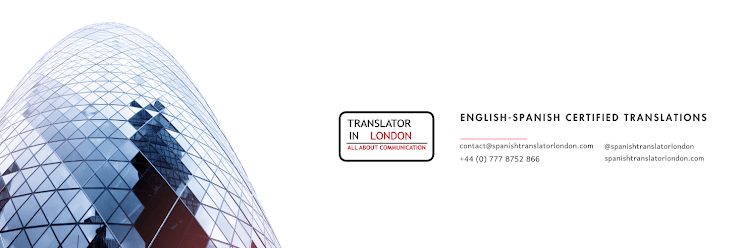...So....I started my day as usual, in front of the computer,
ready to start working on the translation project that was unfinished at 1.00
a.m., but with a feeling of excitement about this special day for all
translators.
-"It is
International Translation Day and for sure Google would surprise me when I open
my browser", I thought.
To my
disappointment, all I could see when I started browsing the Internet was
Google's logo. No doodle to remind users of our patron Saint Jerome or to make
people aware of the day when we celebrate our profession and of how Translators
contribute to international communication in this globalized world.
It seems that our
profession is still struggling for recognition. Not many companies offer the
option of "Translator" on drop down lists when you need to specify
your profession. In many cases you end up choosing "other", or isn't
the case?
Probably, many people believe that speaking a foreign language is
a skill that could be acquired without much effort, especially if you have the
advantage of being born in a multilingual environment, and therefore, working
as a translator is second nature to many.
The work of a
translator involves much more than mastering the grammar and vocabulary of
different languages. Our main mission is to enable communication between
cultures. We are constantly learning about new topics, specific jargon of
different professions, diverse software, CAT Tools. We are in the quest for
knowledge at all times.
Presently, there is more information available online about the
translation industry and about the role that translators play in this world
without borders, where only language and communication may become barriers in
establishing connections if it was not for the work we do.
Therefore, on this 30th September I would like to wish
a Happy day to all Translators, and I hope that next year when I access my
Google browser on International Translation Day I could see a Google doodle to
honour our profession.
For resources and events related to the Translation Industry,
visit the Directorate General for Translation of the European Commission: http://ec.europa.eu/dgs/translation/index_en.htm




Comments
Post a Comment